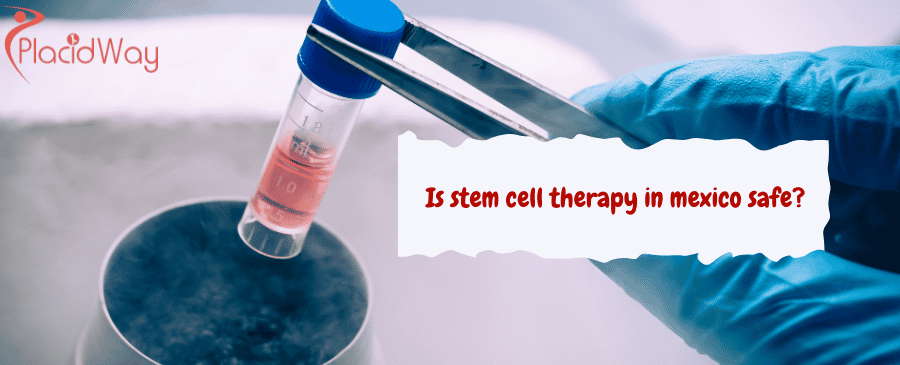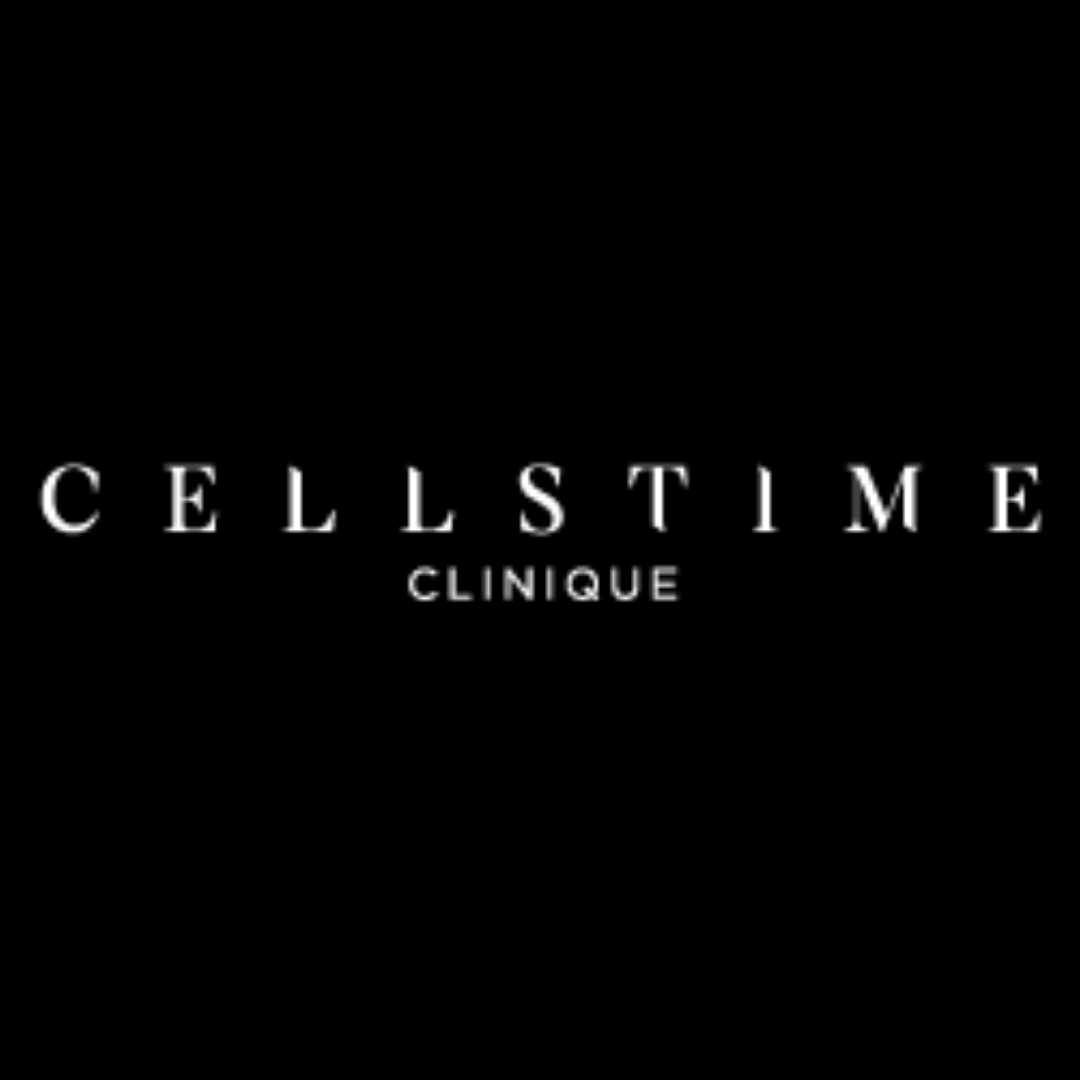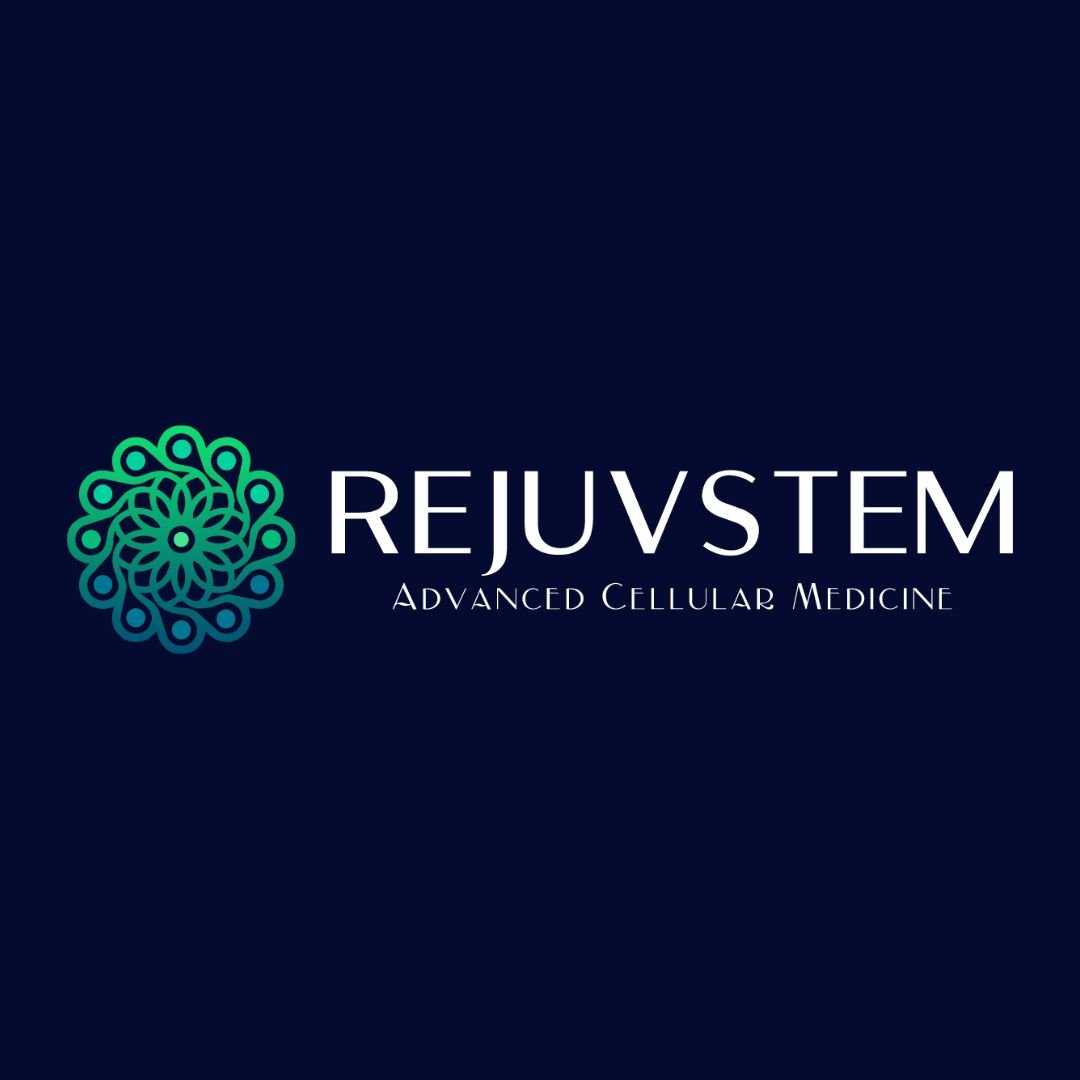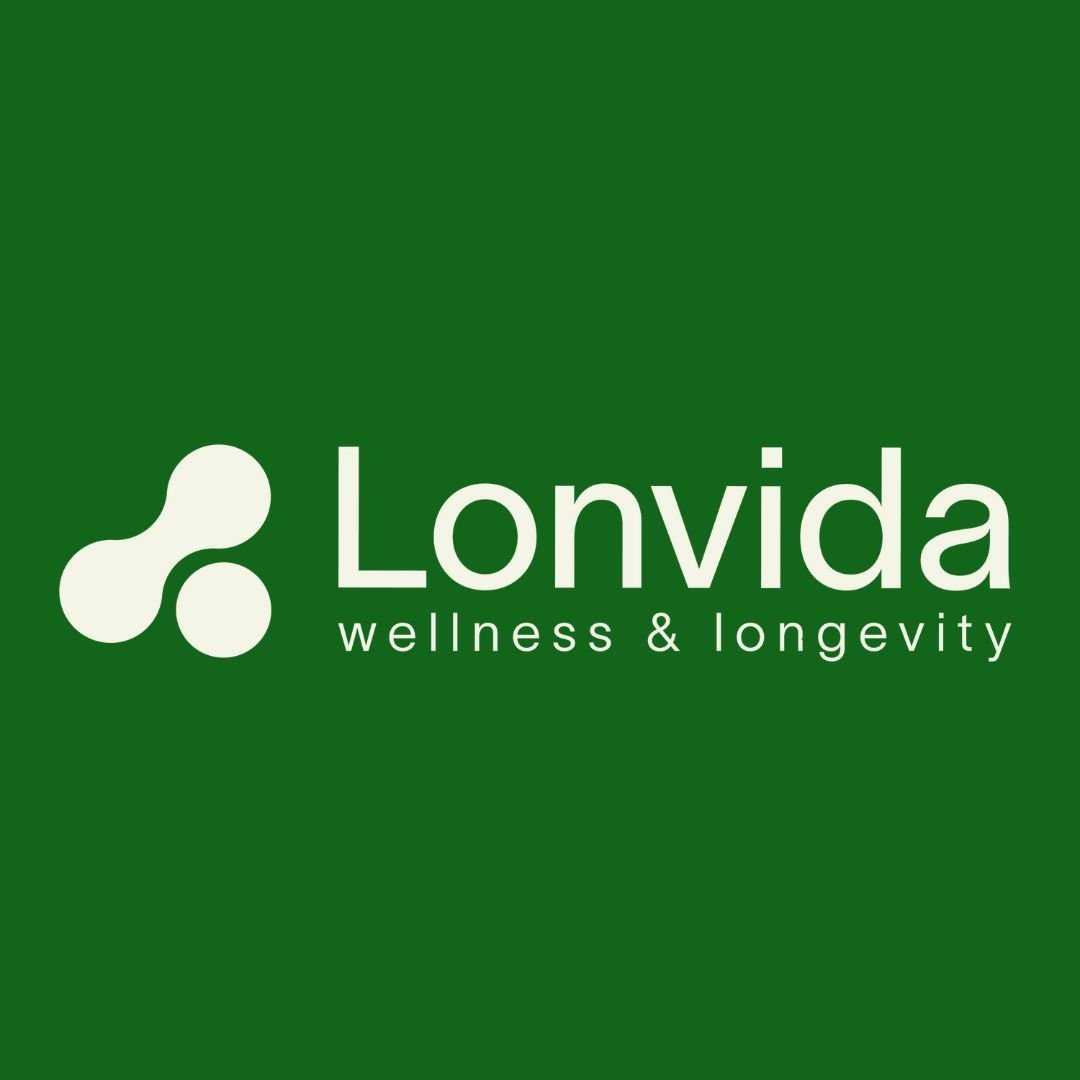Navigating Stem Cell Therapy in Mexico: Is It Really Safe?

Stem cell therapy has emerged as a promising field in regenerative medicine, offering potential solutions for a variety of conditions, from chronic pain to degenerative diseases. As this innovative treatment gains traction, many individuals are exploring options abroad, with Mexico becoming a particularly popular destination. But a crucial question remains: Is stem cell therapy in Mexico safe? Generally speaking, the answer is yes, depending on the clinic and the protocols it follows. Mexico's proximity to the United States, coupled with its more accessible and often affordable treatment options, makes it an attractive choice for those seeking advanced stem cell therapies. This guide will delve into the safety aspects, regulatory landscape, types of treatments available, and what to consider when choosing a stem cell therapy clinic in Mexico.
What are the general safety considerations for stem cell therapy in Mexico?
"When performed in facilities that adhere to rigorous safety protocols and international standards, stem cell therapy in Mexico can be considered generally safe. However, due diligence in selecting a reputable clinic is paramount."
The safety of stem cell therapy in Mexico largely hinges on the individual clinic's adherence to medical standards and ethical practices. While Mexico's regulatory framework for stem cell therapies is less stringent than in some other countries, many reputable clinics voluntarily comply with international guidelines to ensure patient safety and positive outcomes. Patients should prioritize clinics that are transparent about their procedures, cell sourcing, and physician qualifications. The potential for complications, like with any medical procedure, exists, but these risks are significantly minimized when treatments are conducted in a professional and sterile environment by experienced medical professionals.
What are the regulations for stem cell therapy in Mexico?
"Regulation of stem cell therapy in Mexico falls under the Federal Commission for Protection against Sanitary Risk (COFEPRIS), which oversees medical procedures, pharmaceuticals, and medical devices, including stem cell treatments."
COFEPRIS is the primary regulatory body in Mexico responsible for health protection. While there are established laws like the General Health Law and Official Mexican Standards (NOMs), specifically NOM-257-SSA1-2014 for organs, tissues, and cells, and NOM-240-SSA1-2012 for human assisted reproduction, the application and oversight of stem cell therapies can sometimes be less rigorous than in countries with more mature regulatory frameworks. This means that while it is legal to receive stem cell therapy in Mexico, the level of government oversight may vary. Patients are encouraged to look for clinics that explicitly state their compliance with COFEPRIS regulations and international standards, as this demonstrates a commitment to safety and quality.
What types of stem cells are commonly used in Mexican clinics?
"Most stem cell treatments in Mexico primarily utilize adult or adipose-derived stem cells harvested from the patient's own body (autologous stem cells); in some cases, umbilical cord or placental stem cells (allogeneic stem cells) may also be used."
Adult stem cells, often harvested from bone marrow or adipose (fat) tissue, are a common source due to their accessibility and lower risk of immune rejection when used in autologous procedures. These cells have demonstrated potential in treating orthopedic injuries, autoimmune conditions, and chronic pain. Umbilical cord blood and placental stem cells are also gaining popularity for their high potency and regenerative capabilities. These allogeneic cells are typically sourced from ethically donated tissues and processed in specialized laboratories. It's crucial for patients to inquire about the specific type of stem cells used, their source, and the clinic's processing methods to ensure quality and safety.
What conditions are treated with stem cell therapy in Mexico?
"Stem cell therapy in Mexico is offered for a wide range of conditions, including orthopedic injuries (e.g., arthritis, joint pain), autoimmune diseases (e.g., lupus, multiple sclerosis), neurological disorders (e.g., Parkinson's, Alzheimer's), anti-aging, and chronic pain management."
The regenerative potential of stem cells allows for their application across various medical specialties. For orthopedic issues, stem cells aim to repair damaged tissues, reduce inflammation, and alleviate pain in joints, tendons, and ligaments. In autoimmune diseases, they work to modulate the immune system and promote tissue repair. For neurological conditions, the goal is to support nerve regeneration and improve function. Many clinics also offer stem cell therapy for general wellness and anti-aging purposes, focusing on cellular rejuvenation. Patients should discuss their specific condition with the medical team to determine if stem cell therapy is an appropriate and potentially beneficial treatment option for their needs.
How do clinics ensure the quality of stem cells in Mexico?
"Reputable stem cell clinics in Mexico ensure the quality of their stem cells by verifying the source (e.g., biobanks, academic institutions), conducting rigorous testing for sterility and safety, and adhering to cGMP (current Good Manufacturing Practices) standards for cell processing."
Ensuring the quality and viability of stem cells is a critical aspect of effective and safe stem cell therapy. Leading clinics will have clear protocols for cell acquisition, processing, and storage. This includes screening donor tissues for infectious diseases (if using allogeneic cells), maintaining sterile laboratory environments, and performing quality control tests to confirm cell count, viability, and purity. Some clinics also use fresh, never-frozen stem cells, believing this maintains higher potency. Patients should inquire about the clinic's laboratory accreditations, quality control measures, and any potency information they can provide before treatment.
What should I expect during a stem cell therapy consultation in Mexico?
"During a stem cell therapy consultation in Mexico, you should expect a thorough review of your medical history, diagnostic tests (e.g., imaging, blood work), a detailed explanation of the proposed treatment plan, including the type of stem cells and administration method, and a discussion of potential benefits, risks, and costs."
A comprehensive consultation is essential for a personalized and safe stem cell therapy experience. The medical team should assess your suitability for the treatment, answer all your questions, and ensure you have a clear understanding of the procedure. This often involves reviewing previous medical records, conducting new evaluations, and sometimes performing additional diagnostic tests. A reputable clinic will provide a transparent outline of the treatment protocol, including the number of cell applications, the expected timeline, and any necessary pre or post-treatment care. This ensures that the treatment is tailored to your specific needs and that you are fully informed before proceeding.
What are the potential risks of unproven stem cell therapies in Mexico?
"The risks of unproven stem cell therapies include infection, immune reactions, tumor formation, and complications from anesthesia, as well as the potential for unfulfilled expectations and financial loss if the clinic lacks proper oversight and scientific backing."
While stem cell therapy holds great promise, unproven or unregulated treatments carry significant risks. Without proper scientific evidence and regulatory oversight, patients may be exposed to unsafe practices, substandard cell products, or exaggerated claims of efficacy. Potential harms include infections from non-sterile procedures, immune rejection, unexpected cell differentiation leading to unwanted tissue growth or tumors, and serious systemic complications. Furthermore, investing in unproven therapies can divert patients from effective, evidence-based treatments, potentially worsening their condition. It is vital to choose clinics that base their treatments on scientific research and adhere to established medical guidelines to minimize these risks.
How much does stem cell therapy cost in Mexico?
"The cost of stem cell therapy in Mexico typically ranges from $4,000 to $30,000 USD, depending on the type of therapy, the condition being treated, the number of cell applications, the clinic's reputation, and any included services like accommodation or transfers."
Stem cell therapy in Mexico is generally more affordable than in countries like the United States or Canada, making it an attractive option for many patients. The price can vary significantly based on the complexity and scope of the treatment. For instance, a single joint injection for arthritis might be on the lower end of the spectrum, while comprehensive intravenous treatments for systemic autoimmune conditions or neurological disorders requiring multiple applications could be considerably higher. It's important to get a detailed quote that includes all aspects of the treatment, such as consultation fees, diagnostic tests, the stem cell product itself, administration, and any follow-up care.
What is the typical success rate of stem cell therapy in Mexico?
"Reported success rates for stem cell therapy in Mexico vary widely depending on the condition being treated, the type and quality of cells used, and the individual patient's response, with some clinics reporting positive outcomes ranging from 50% to over 85% for specific conditions like chronic pain and orthopedic issues."
It is important to understand that stem cell therapy is still an evolving field, and success rates can be subjective and difficult to quantify definitively across all conditions. While many patients report significant improvements in symptoms, reduced pain, and enhanced quality of life, these outcomes are not guaranteed for everyone. Reputable clinics will provide realistic expectations and discuss the potential benefits and limitations based on available scientific evidence and their own clinical experience. Patients should look for clinics that are transparent about their reported outcomes and are willing to share information on patient testimonials or studies they have conducted.
What are the types of stem cell administration methods used in Mexico?
"Stem cells in Mexico can be administered through various methods, including intravenous (IV) infusion for systemic conditions, intra-articular injections for joint issues, intrathecal injections for neurological disorders, intramuscular injections for localized pain, and sometimes topical or intranasal applications."
The chosen method of stem cell administration depends on the specific condition being treated and the target area. Intravenous infusions allow the stem cells to circulate throughout the body, making them suitable for systemic diseases or general rejuvenation. Intra-articular injections directly deliver stem cells to affected joints, which is common for conditions like arthritis. Intrathecal injections into the spinal fluid are used for neurological conditions affecting the central nervous system. Clinics may use a combination of these methods to optimize delivery and maximize therapeutic effects. Patients should inquire about the rationale behind the chosen administration method for their specific treatment plan.
How long does stem cell therapy in Mexico typically take?
"The duration of stem cell therapy in Mexico can vary from a single day for a straightforward injection to several days or even a week for more comprehensive treatment protocols involving multiple applications or preparatory therapies."
The length of your stay and the actual treatment time will depend on the complexity of your condition and the specific protocol prescribed by the clinic. For simple orthopedic issues, the procedure might be completed in one visit. However, for chronic or systemic conditions, a multi-day protocol might be necessary, including initial consultations, diagnostic tests, stem cell preparation, multiple administrations, and post-treatment monitoring. Some clinics may also offer preparatory treatments like IV nutritional therapy or hyperbaric oxygen therapy to optimize the body's response to the stem cells, which would extend the overall duration.
What is the patient experience like at stem cell clinics in Mexico?
"Many patients report positive experiences at stem cell clinics in Mexico, citing personalized care, state-of-the-art facilities, English-speaking staff, and comprehensive care packages that often include transportation and lodging, contributing to a comfortable and stress-free medical journey."
Medical tourism to Mexico for stem cell therapy is popular not only for cost-effectiveness but also for the patient-centric approach offered by many clinics. Patients often praise the attentiveness of the medical staff, the modern infrastructure of the clinics, and the tailored treatment plans. Many clinics offer amenities and services designed to make the international patient experience smoother, such as airport transfers, hotel accommodations, and dedicated patient coordinators. Testimonials frequently highlight the high level of care and the feeling of being actively involved in their treatment journey, which contrasts with experiences in more regulated healthcare systems.
Are there any specific clinics in Mexico known for their stem cell therapy?
"Several clinics in Mexico have gained recognition for their stem cell therapy programs, including Giostar Mexico, R3 Stem Cell, and Immunotherapy Regenerative Medicine, known for their advanced treatments, patient satisfaction, and adherence to quality standards."
These clinics, among others, are frequently mentioned in patient reviews and industry discussions for their commitment to providing high-quality stem cell therapies. They often highlight their advanced laboratories, experienced medical teams, and personalized treatment plans. While specific clinic recommendations should always be based on individual research and consultation, identifying clinics with a strong reputation, positive patient feedback, and transparent operational practices is a good starting point for anyone considering stem cell therapy in Mexico.
What post-treatment care is typically recommended after stem cell therapy in Mexico?
"Post-treatment care after stem cell therapy in Mexico typically involves rest, avoiding strenuous activities, following specific dietary guidelines, and sometimes receiving additional supportive therapies like nutritional IVs or physical therapy, along with scheduled follow-up consultations to monitor progress."
The success of stem cell therapy can be significantly influenced by proper post-treatment care. Clinics generally provide detailed instructions on activities to avoid, medications to take or discontinue, and lifestyle adjustments. Follow-up appointments are crucial to assess the patient's response to the treatment, monitor for any potential side effects, and make any necessary adjustments to the recovery plan. Some clinics also offer long-term support, including dietitian consultations or ongoing patient communication, to ensure sustained benefits and address any concerns that may arise during the recovery period.
Is stem cell therapy in Mexico legal for international patients?
"Yes, stem cell therapy is legal in Mexico for both domestic and international patients, provided the clinics operate under government-mandated guidelines and adhere to the regulations set by the Federal Commission for Protection against Sanitary Risk (COFEPRIS)."
Mexico's legal framework allows for the provision of stem cell therapies, which has contributed to its growth as a medical tourism destination. While the regulations may differ from those in other countries, as long as a clinic is operating legally within Mexico and complies with COFEPRIS standards, international patients can legally seek and receive stem cell treatments. It is essential for patients to confirm the legal standing and certifications of any clinic they consider to ensure a safe and legitimate treatment experience.
Considering stem cell therapy in Mexico or other global healthcare solutions? Explore PlacidWay's extensive network of trusted medical providers and services to find the right treatment option for your unique needs.


.png)



.png)
.png)
.png)
.png)
.png)






Share this listing